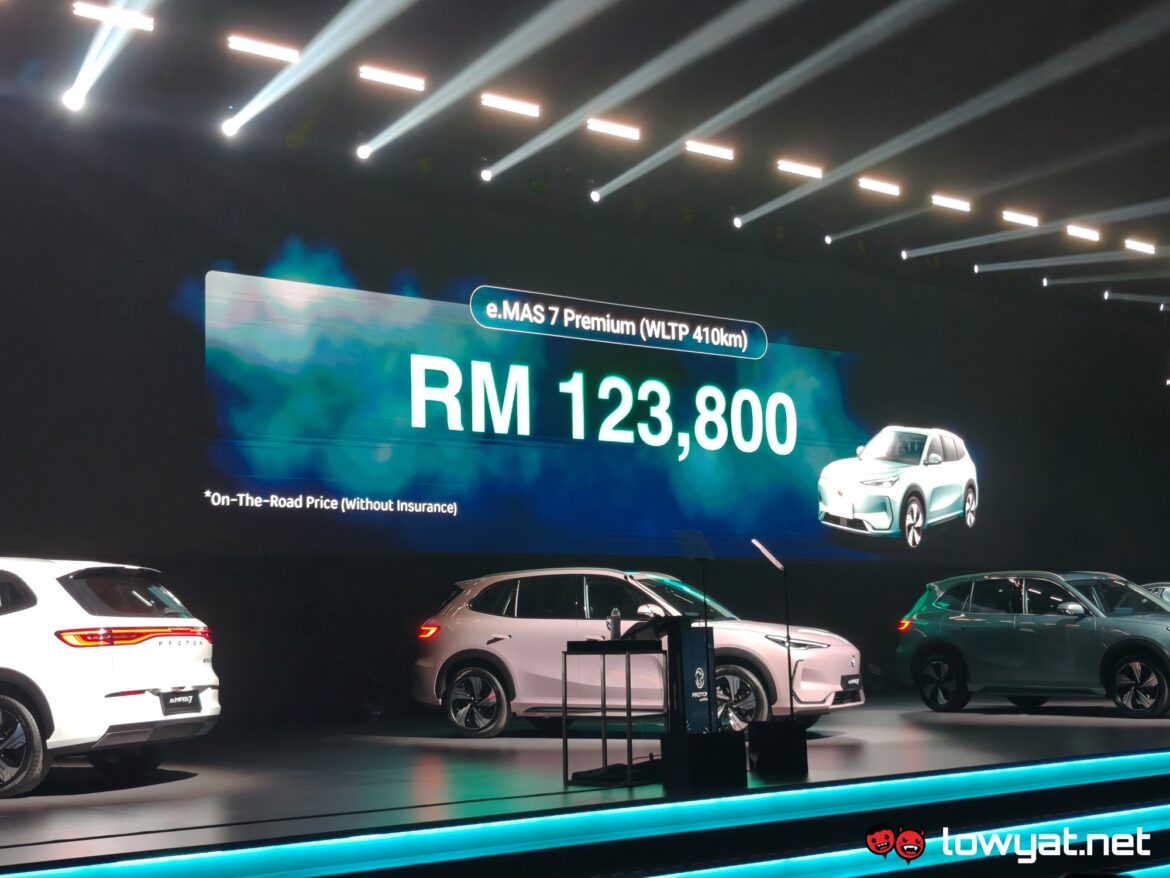Recently, Chinese automakers have sparked a price bidding war in the Malaysian market, with BYD being a prominent player. A notable example is the recent launch of the 2025 BYD Atto 3 Ultra in Malaysia, which came with a substantial price cut of RM44,000.
During festive seasons, automakers tend to roll out various discounts and rebates to entice customers, further fuelling interest in buying new vehicles. While these offers may seem highly beneficial for consumers, they could have a significant impact on the local automotive industry—particularly on original equipment manufacturers (OEMs) with manufacturing operations in Malaysia.


According to Proton Holdings Bhd’s Deputy Chief Executive Officer, Roslan Abdullah, the price war doesn’t just affect OEMs with assembly plants in the country, but also takes a toll on local vendors and distributors. He added that this situation can lead to stockpiling, as consumers are drawn to the attractively priced vehicles.
Roslan also pointed out that the price war is affecting the used car market, as major price cuts on new cars are dragging down resale values. He gave an example; “…if a Brand A vehicle is initially purchased for RM100,000 but later sold at a discounted price of RM80,000, it will significantly affect the vehicle’s depreciation. The trade-in market will also suffer as a result.”


He explained that local carmakers, especially OEMs, are finding it difficult to compete with the lower prices offered by Chinese brands, largely due to higher operating costs—including those related to manufacturing, vendors, and supply chains. While local OEMs cannot afford to slash prices too drastically, they’re trying to stay competitive by offering cash rebates and accessory packages.
Speaking specifically about Proton, Roslan said the company is proceeding with caution to ensure long-term profitability, as it employs over 7,000 staff and supports more than 5,000 people through its sales network. While larger vendors may be able to withstand the impact thanks to partnerships with multiple brands, smaller vendors who rely on a single manufacturer are especially vulnerable.


He also noted that many of the brands offering these aggressively low prices are benefitting from importing fully built-up (CBU) or semi-knocked down (SKD) units. These approaches require far less investment than local OEMs like Proton, enabling them to reduce costs and offer significant discounts. However, this creates ongoing pressure for manufacturers operating within Malaysia.
Roslan emphasised the need to reassess the implications of this price war in order to safeguard long-established local brands. While foreign direct investment remains a key focus for the government, he believes it’s equally important to support local assembly plants and completely knocked down (CKD) operations—especially those with their own manufacturing facilities and vendor networks—so they can remain competitive in the long run.
(Source: NST)
Follow us on Instagram, Facebook, Twitter or Telegram for more updates and breaking news.

